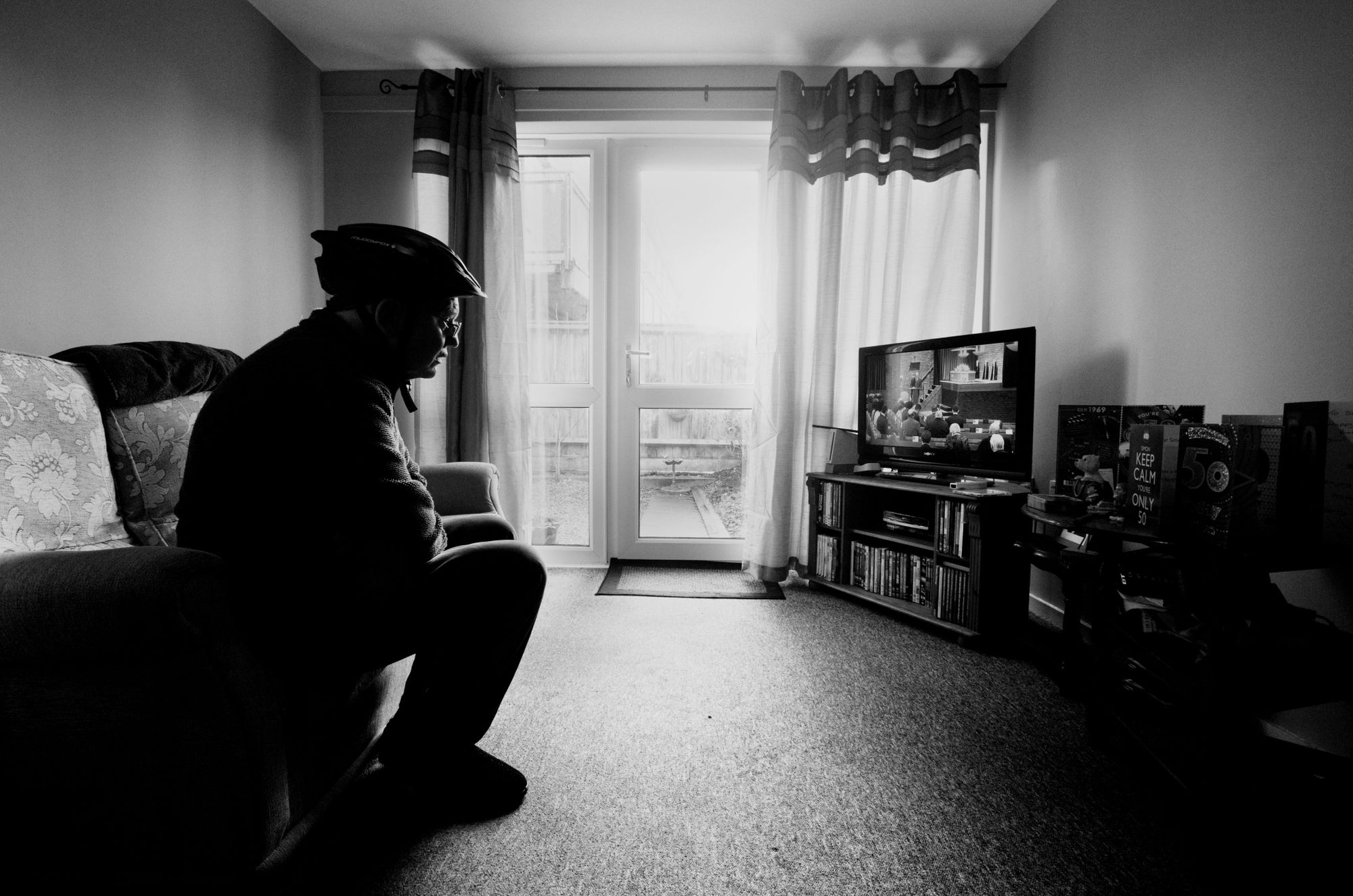J A Mortram: Small Town Inertia


|
A fee for this story is donated to the Trussell TrustJames suggested donating his fee to the Trussell Trust and their campaign supporting food banks. |
For the benefit of those lucky enough not to be familiar with it, “austerity” is a flawed economic concept which was introduced by the then UK Chancellor of the Exchequer George Osborne following the financial crash of 2008.
It’s a set of economic policies that allegedly aim to reduce government deficit by tightening the country’s purse strings; its two main arms of operation are spending cuts and tax increases, or, in some very unfortunate situations, a combination of the two. It’s easy to see why this would be introduced by a government after a major financial crisis, but it’s a short-sighted and cruel approach. Not only does it hit the poorest in the community the hardest — those who need mental health services, or live on benefits, or rely on youth centers — but it’s also economically inept. It only takes a little digging to realise that a government’s finances are in no way, shape or form akin to personal finances. If an individual doesn’t have enough money in their account, they either don’t spend or use credit with extortionate interest rates, which sooner or later must be repaid.

For a government, however, it’s an entirely different story; the British pound sterling hasn’t been linked to gold since 1931 and the US dollar since 1933. Currently no government uses the gold standard meaning that our currency is a fiat currency with its value determined by common acceptance and trust rather than a physical commodity. In the UK in particular the government can issue as much money as it wants — all it takes is to ask the Bank of England for a blank check. The BoE is obliged by law to issue this money while the government is not obliged to pay it back. It turns out there is a magic money tree! In other words, austerity was not a necessity, it was a political choice guided by common misconceptions.
Jim Mortram’s Small Town Inertia is an ongoing project which shines a light on the real life consequences the so-called “A-word” is continuing to have on communities, over a decade since its introduction. It wreaks havoc on the most vulnerable in our society and it targets those who can least afford basic necessities.
Sign up for the newsletter to read this post
We support independent documentary photographers and photojournalists by promoting their work. Read unique documentary stories with our newsletter.
